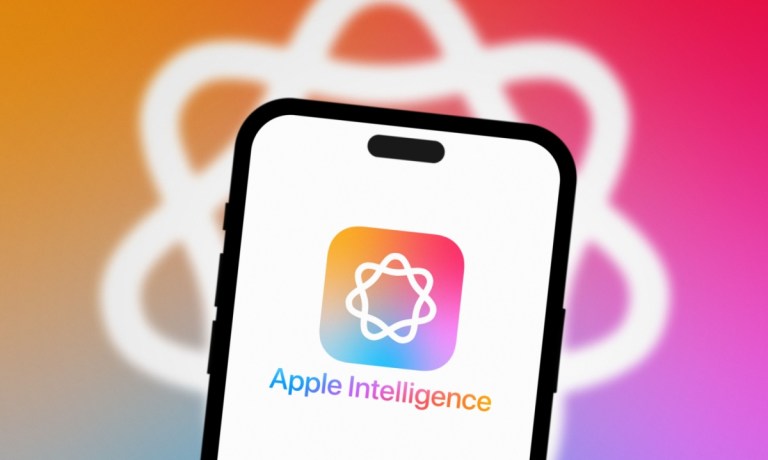
Artificial intelligence (AI) is reconfiguring industries worldwide, from Apple’s new iPhone 16 with “Apple Intelligence” to OpenAI’s advanced “o1” reasoning models. As AI capabilities grow, experts caution that strict U.S. reporting rules could push firms overseas while stressing the importance of human oversight as workers use AI to handle increasingly complex tasks.
Experts warn that a new Commerce Department proposal could saddle AI firms with hefty compliance costs and potentially drive them to relocate as the U.S. government seeks tighter oversight of the rapidly evolving tech sector. Announced on Monday (Sept. 9) by the Bureau of Industry and Security (BIS), the proposed rule would require major AI companies to provide detailed reports to the federal government on their development activities, cybersecurity measures and results from “red-teaming” security tests.
OpenAI announced on Thursday (Sept. 12) its new “o1” series of reasoning models, marking an advancement in AI models’ capability to tackle complex problems in science, coding and mathematics. The first model, “OpenAI o1-preview,” is now available in ChatGPT and through its API. Designed to emulate human reasoning by taking more time before responding, the o1 model aims to solve more challenging tasks. In tests, it performed at levels comparable to PhD students on difficult benchmarks in physics, chemistry, and biology.
Apple is shaking up the tech landscape with the launch of its iPhone 16 lineup and the cautious rollout of Apple Intelligence, a suite of AI-powered features unveiled on Monday. The iPhone 16 and iPhone 16 Plus are built to harness the power of Apple’s new AI system, introducing Camera Control for innovative ways to capture memories and quick access to visual intelligence about objects and places. Powered by the new A18 chip, which promises a leap in performance and efficiency, the devices enable demanding AAA games and offer improved battery life. Apple Intelligence will be gradually released starting next month with iOS 18.1, initially in U.S. English, with plans to expand to other languages and markets next year.
New research reveals how AI language models handle multiple languages, a capability that could transform international business. African tech firms are launching tools to support diverse local languages, addressing the continent’s linguistic diversity. Multilingual large language models can understand and generate content across various languages, helping companies transcend language barriers and engage globally.
AI expands workers’ capabilities beyond their current skill sets, transforming office work across industries. Marketing, HR and software development employees are now handling complex data analysis and coding tasks without extensive technical training, reshaping job roles and skill requirements. However, experts warn that human oversight remains crucial to ensure quality and avoid pitfalls. “This exciting new tech will have a profound impact on financial services, for both customers and businesses in the sector,” Scarlett Sieber, chief strategy officer at Money20/20, told PYMNTS.